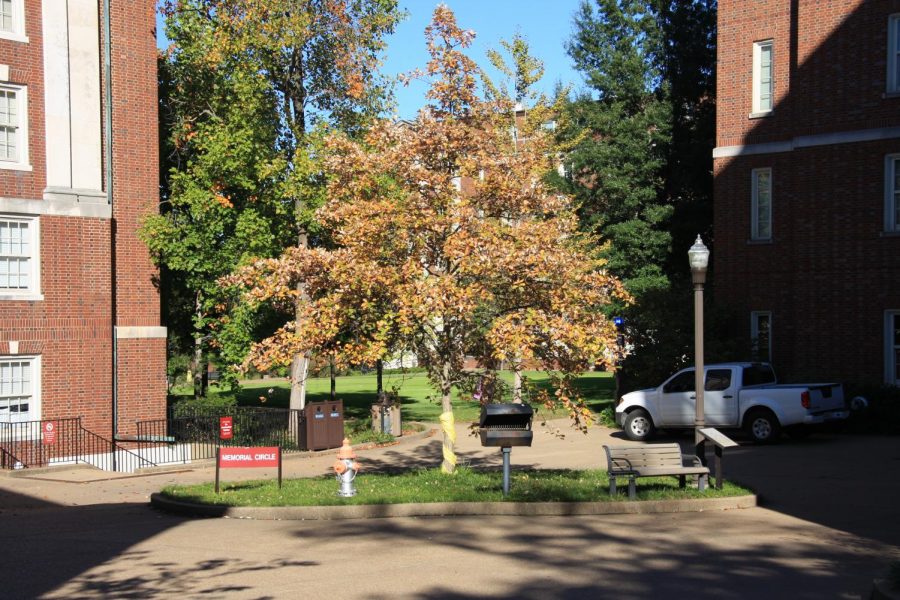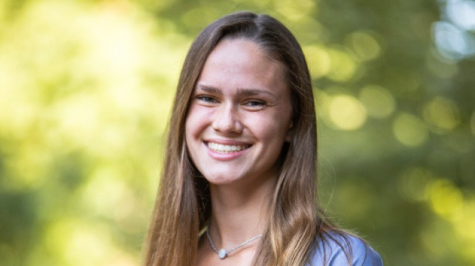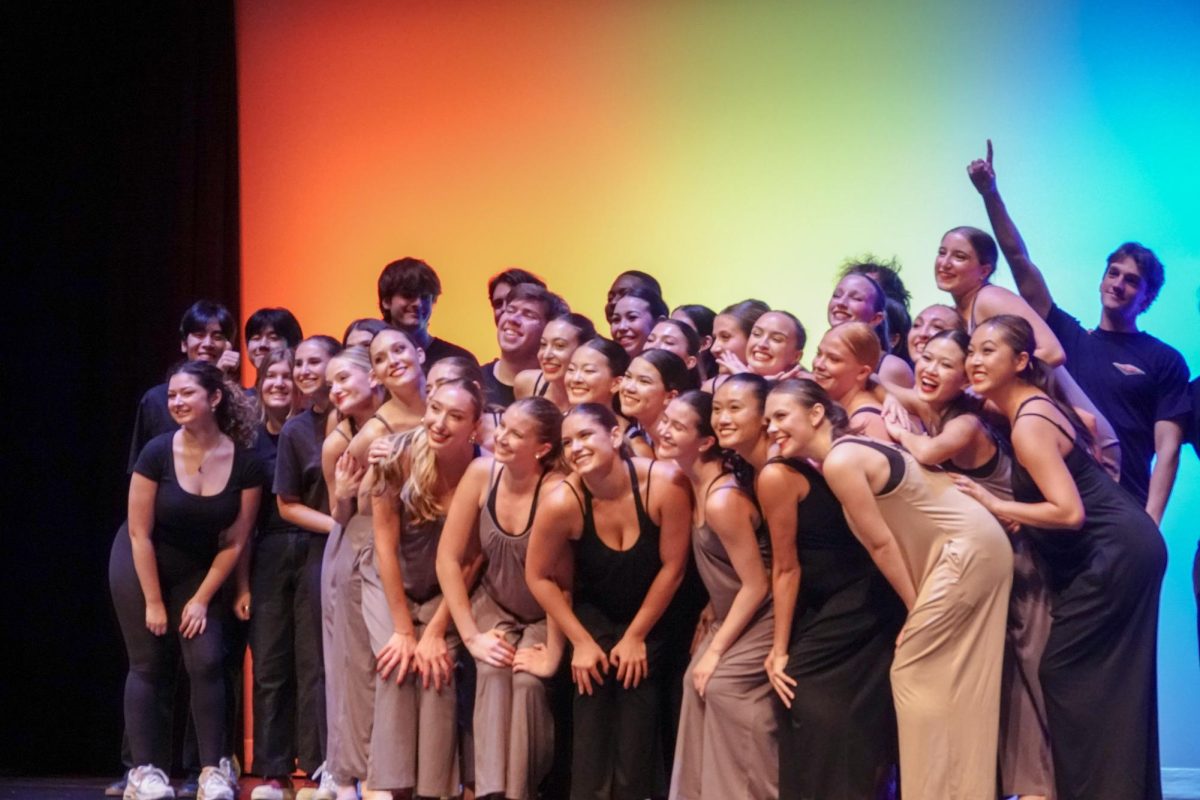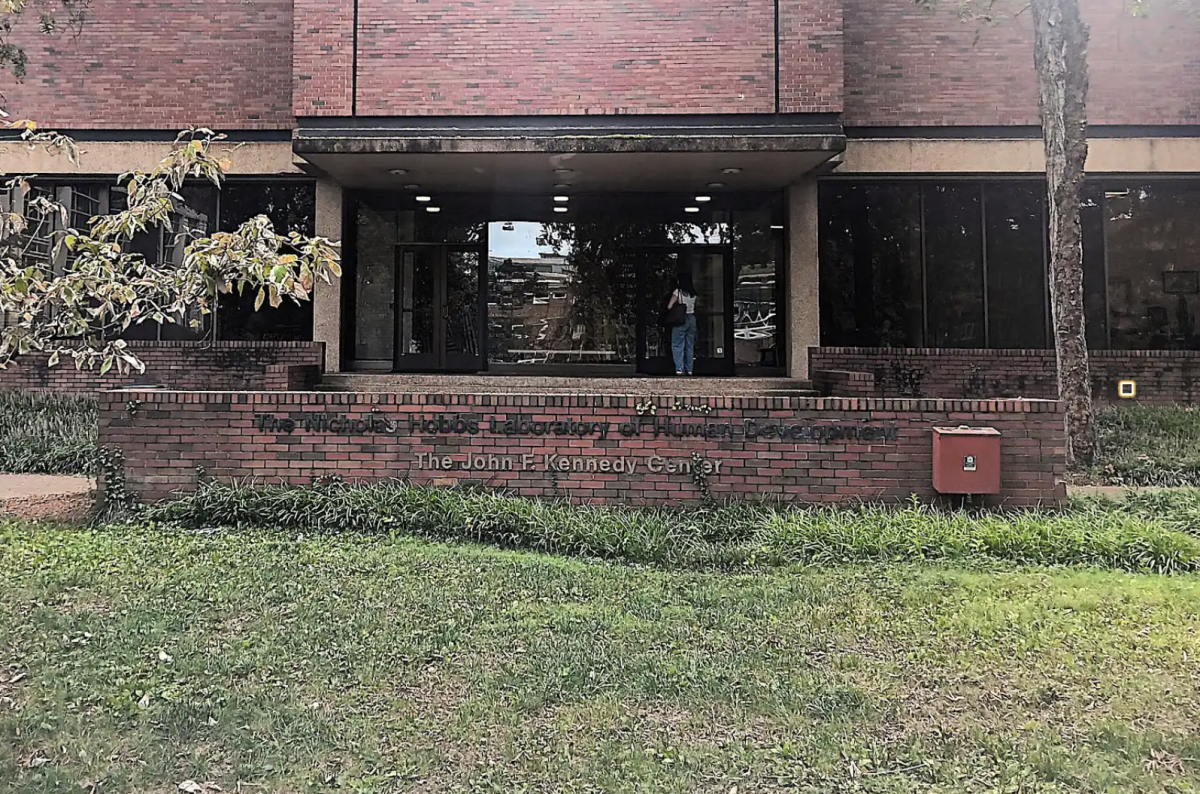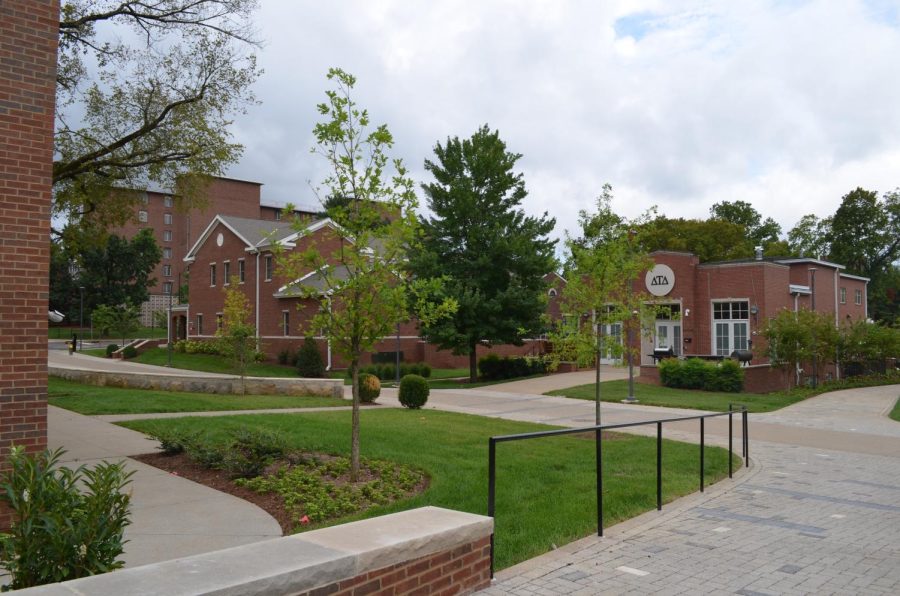Last year, I could walk into Commons at any time and count on the friendly faces of Next Steps students to be there to greet me. People were always catching up, grabbing lunch or playing a game of pool between classes and other activities. This year, the Next Steps at Vanderbilt program, also known as Next Steps, is completely virtual, and most students in the program aren’t on campus at all.
The Next Steps program is a post-high school program for individuals with disabilities to continue their education and work towards career readiness. It is also an incredible opportunity for students with disabilities to have a college experience. Although it feels wrong not to have them here on campus with us, Vanderbilt administration made the right decision to keep students home.
According to Tammy Day, Next Steps program director, an important reason why Next Steps students are virtual is because Next Steps students don’t live on campus, and many don’t live within walking distance either. It would be unreasonable to expect them to commute for the few classes they might have in-person.
Based on my fond memories from last year, a lot of students from Next Steps were often in Commons or Rand between classes. Especially with some classes being virtual, if Next Steps students had in-person classes, it would be very difficult for them to find spaces to attend Zoom classes between in-person classes or even just to wait between classes on a daily basis since Commons and other public spaces on campus aren’t open at full capacity.
Despite this argument, students are still upset that they aren’t on campus. Next Steps senior Kristi van Wulven commented on the current circumstances of Next Steps students.
“I know that [other] Vanderbilt students were able to be back on campus, and I just thought that could be the same for Next Steps students since Next Steps students are also considered Vanderbilt students,” van Wulven said.
Kristi has a good point. Next Steps students are Vanderbilt students. If it wasn’t for their living situations, I would completely agree with Kristi that Next Steps students should at least be given the option to be on campus just like neurotypical students were. Unfortunately, given the fact that Next Steps students don’t live on campus and don’t have a COVID-safe place to wait between classes, remote-only was the most realistic option.
Even though it was disappointing to be unable to have an in-person semester, Next Steps is making the most out of the situation. Day said there are curriculum changes and new groups working with the Next Steps program, including an intern from the Human and Organizational Development (HOD) major and some Special Education majors who are using interaction with Next Steps as a way to get involved in their field. These changes made to cope with COVID-19 have been very beneficial for the program and might stick even after the pandemic is over.
This isn’t to say going entirely virtual hasn’t been difficult. Kristi said she sometimes struggles when logging onto Zoom meetings and making it to virtual classes on time. Nevertheless, these challenges are all met with the best responses possible. Day said her staff has been doing their best to work through technical difficulties, even masking up and meeting students in person if necessary.
Even still, it isn’t the same as in-person instruction.
“We’re making it work,” Day said. “We miss each other terribly. We miss getting to see [the students] and to just sit and chat or to walk through the Commons and see them visiting with people or having lunch or passing a football out in the courtyard.”
It might be possible that Day won’t have to miss some of the activities she mentioned if next semester can be a bit different. While Next Steps students still can’t be expected to have transportation to and from classes, clubs and extracurriculars should be treated separately. Unlike classes, clubs and activities can be scheduled optionally and can be planned socially distanced with set start and end times for convenient drop-off and pick-up. They can also be structured as individual events without any transition or downtime.
Day said her team is considering writing in-person socially distanced clubs and activities into their plan for the spring semester. This should be a top priority for the Next Steps students.
Paul van Wulven, Kristi’s father and grants manager in the School of Engineering, said that his daughter is very social. While he agrees with Vanderbilt’s decision to keep everything virtual this semester, he said one of the biggest benefits from the Next Steps program is the socialization with both neurotypical students and other students with disabilities.
Much like what Paul van Wulven said, Next Steps sophomore Connor Bosse said he thinks the Next Steps program is “the bomb” because he gets to meet new friends, and wishes he was on campus this semester so that he could see his friends in person.
Next Steps students are missing a big part of what makes Next Steps so great—the in-person socialization with friends. While students are still meeting online with their advisers and “Ambassadores,” the neurotypical peers who help the Next Steps students with tasks ranging from organization to simply chatting over lunch, there are still some key pieces missing from the Next Steps program.
“There’s that unwritten curriculum that we all learn so much from,” Day said. “Your student comes to your English class and of course you’re going to teach them English but when you walk into the door there’s already so much learning that’s going on. Where do I sit? How do I say hello? What is it that I need? What do I do if I have a problem? The group learning that goes on … that’s not written down anywhere as curriculum but all of that takes place.”
This unwritten curriculum is essential to the Next Steps program and can still happen to some extent if socially distanced group meetings were to take place next semester on campus. Lots of these socialization skills can come from meeting with small groups and playing games or just chatting while socially distanced outside, especially once the weather warms up next semester.
While Next Steps has done an incredible job handling this pandemic, there is still more potential to be reached. Hopefully, next semester, the new additions to the program will continue and in-person activities can begin taking place.


